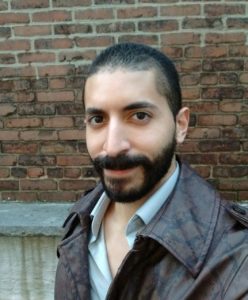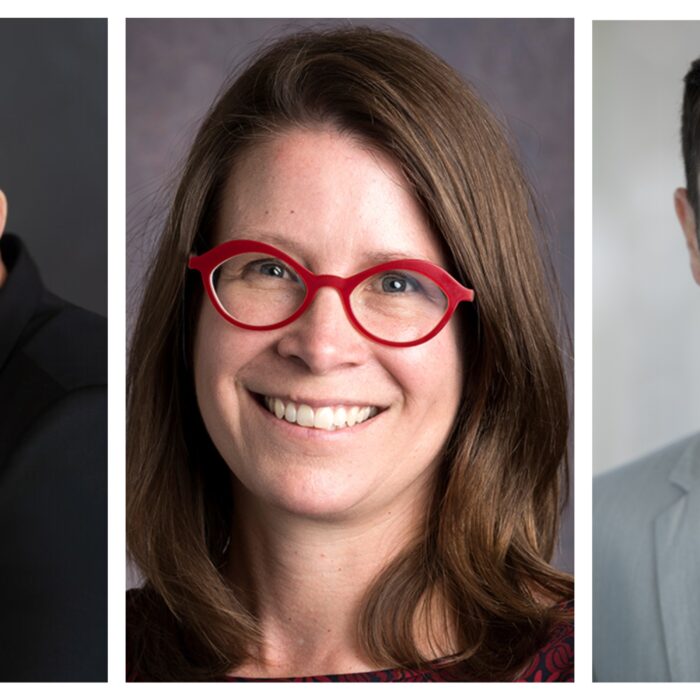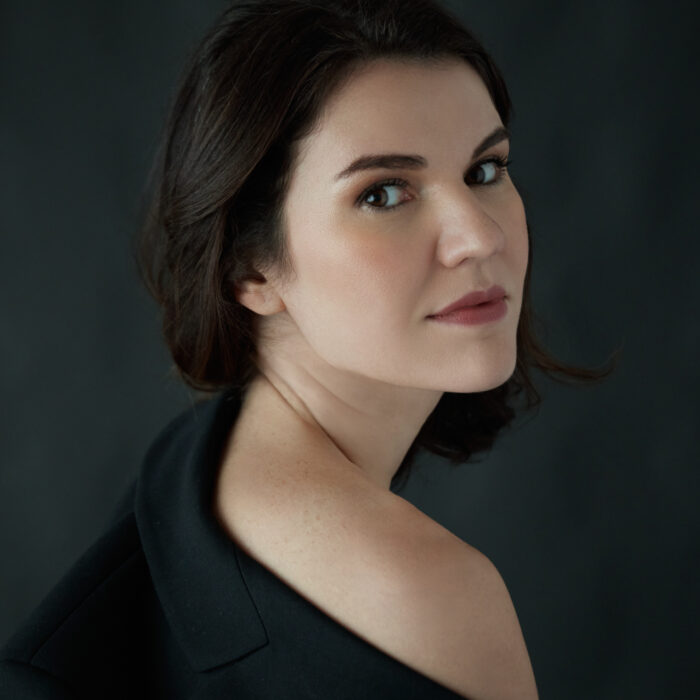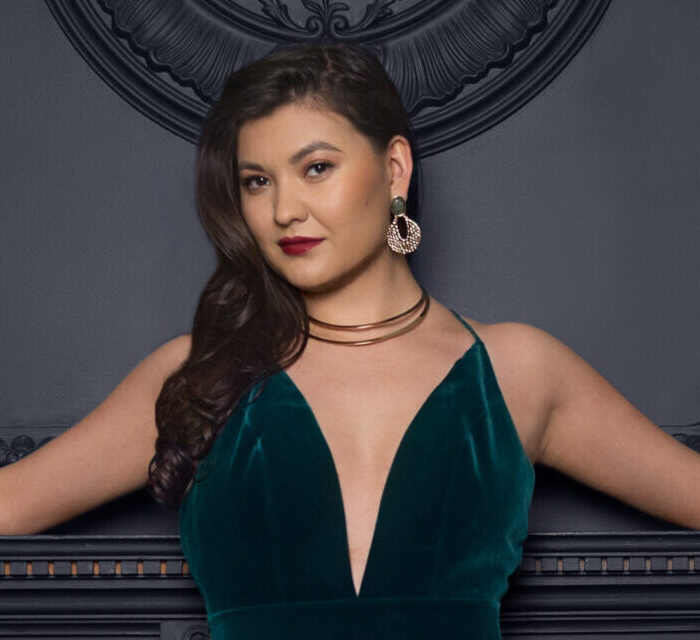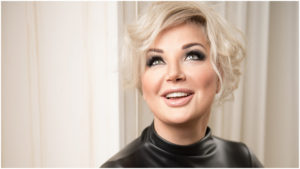
Q & A: Soprano Maria Maksakova On Developing Her Voice While Supporting Young Artists
By Logan MartellRussian soprano Maria Maksakova has led a storied life in the performing arts. Coming from a family of prominent artists, Maksakova performed with leading Russian theaters such as the Bolshoi Theatre, Mariinsky Theatre, Helikon Opera; internationally, she has sung on stages in Tokyo, Vienna, London, Helsinki, and Baden-Baden.
On the screen, Maksakova has served as a TV presenter and co-host of the “Romantika Romansa” series on Russia’s Kultura TV, in addition to several movie appearances. She has also been a model and a beauty ambassador for the international brand Lancôme. While these experiences would make for an impressive career in itself, Maksakova was also a member of Russia’s parliament, known as the State Duma, from 2011 to 2016, where she represented the United Russia Party.
Most recently, Maksakova as signed with Spotlight Artists Management, as well as founded a new charity endeavor named Masha Music. OperaWire had the opportunity to speak with Maksakova to learn more about her experiences new and old, as well as the inspiration that drives her forward.
OperaWire: What was it like making your Carnegie Hall debut in December with Talents of the World?
Maria Makasakova: Carnegie Hall is an attractive platform for any musician. Performing at Carnegie Hall is a significant page in a professional biography of artists. In December, I was delighted to share the stage with Aprile Millo and other incredibly talented colleagues. I am grateful to the foundation “Talents of the World,” its founders David Gvinianidze and Olga Lisovskaya for their initiative, energy, and dedication to supporting artists.
OW: You recently signed with Spotlight Artists Management, can you tell us a little about your experience so far?
MM: ‘To make a successful artist career, there should be a combination of the artist’s talent, work ethics, AND a good manager. I have been looking for the right management for a long time: the founders of Spotlight Artists Management and Production are very professional business people as well as truly creative. One of them is an opera singer. Thus, we perfectly understand each other – in strategizing my career and in all aspects of improving my vocal technique.
My managers introduced me to the most respected and renowned voice teachers and coaches. I’m very excited about the results – just after a few months, I see how much my singing has improved.
OW: Having originally trained as a singer in Russia, what are some of the differences you find now that you are taking lessons in America?
MM: If I had to describe the aesthetics of the American sound I would use the word smooth. The first thing one may hear from an American coach is to stop pushing your sound forward. Also, you are expected to show effortless singing – the singing as if it comes easy and naturally. However, this ease is achieved through hard work and labor. But when performing and singing you do not want to show off how hard you have been working. Many Russian singers, on the contrary, do show their hard work on stage as if they justify their stage presence, to make it more appreciated by the audience.
An American way of singing means many years of hard and consistent work off stage, and then being effortless on stage, singing with panache. Technically, there are also different anticipations of singing: Slavic audiences perceive a ‘good big voice’ as thick, even rough, and roaring.
American expectations mean flawless singing with remarkable color, beauty of overtones, perfect intonation, precise diction and believable acting. You should sing gracefully rather than showing off the size of your instrument. Also, in the USA singers understand what a masque singing means, how to use soft palate or head resonance while in Russia and Ukraine many teachers talk about it but, as far as I can compare, they cannot explain it to their students.
OW: What are some of your favorite roles to sing? Do you find yourself exploring new repertory as a result of your recent lessons?
MM: I always fall in love with what I do. At the moment I am working on the role of Violetta Valery in Verdi’s “La Traviata.” It is impossible not to fall in love with her. At this point of my career, when my vocal technique is changing so much, I am opening scores with higher tessitura and agility, including bel canto: “Norma,” “Anna Bolena.” Also, I’m learning Marguerite from “Faust.”
Another passion of mine is working with contemporary music, discovering new exciting works of our generation. A few times in my life I was fortunate to be the first performer of the living classical composers. One of those was the role of Charlotte in the world premiere of ‘The Left Hander’ by Rodion Schedrin. It was the Grand Opening of the New Stage of Mariinsky Theatre.”
OW: How would you describe the goal of your new charity, Masha Music?
MM: I founded Masha Music to be a platform where young musicians of age from 5 to 21 years old are getting connected with the music and art enthusiasts. The goal is to expose talented kids and convince those enthusiasts to support them – it’s a form of a very transparent crowdfunding. Masha Music is a comprehensive virtual forum where people can communicate with each other and donate. I’m sure, through the support of talented individuals, the whole culture will benefit and thrive.”
OW: What was the inspiration behind its founding?
MM: It’s hard to describe how financially starving Ukrainian culture survives… Many gifted children who are deprived of ANY support have no means to purchase musical instruments to study. People are not used to crowdfunding as a way to raise money, instead of, for example, being dependent on one ‘oligarch’ and to please him for his donation. That is why it was such an inspiration for me to create a so-called virtual Noah’s ark for the music community so that no off-line turbulence could ruin musicians’ work.
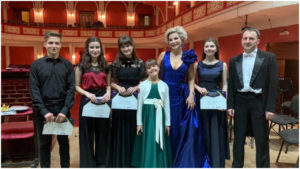
OW: During your time with Russia’s parliament you were the only one to oppose its LGBT propaganda law, what motivated the decision you made?
MM: Well, one may think the medieval times are over. This might be so in certain areas of the globe, however, in some countries the obscurants still exist – first of all, bigotry, suggestion, and lie. Knowingly false values are passed off as correct, and moral concepts are being replaced. Whenever a weak man is beaten, any intelligent person must stand up for their defense.
Therefore, I considered that two laws – on gay propaganda and on banning adoption of children to the USA – are a violation of human rights and interference with human life. Any interference in a person’s private and sexual life is unacceptable. It is also unacceptable to indicate which partner to choose. At the same time, for the sake of a reputation, traditionally “normal” families of official clerks are often fake.
As a result of the laws suppression personal and private life, other issues arise: for example, the surge of domestic violence. And the new law in Russia, which, for example, does not protect women and children from domestic violence, leads directly to the flourishing of such violence. Therefore, I opposed such laws – they violate basic human rights.
OW: Is there any message you would like to give to young artists, or those who may be struggling to speak up for what they believe in?
MM: Unfortunately, the world is flooded with incompetence. If nothing opposed this, catastrophes would occur every day, and the world would have perished long ago. But despite all odds, life goes on and the world moves forward. It seems to me there is some kind-hearted force presence in the world, and it opposes the negative – perhaps, miracles do exist?
Therefore, my motto is to allow a miracle into your life – to give it the place and right to exist. First, you should do everything that depends on you – reach up the limits of your capabilities, and then this external positive force begins to work miracles and help. In ourselves, we need to nourish the power of creativity and want to move forward. I think my new career phase in the USA is a great illustration of what I’m saying now.
